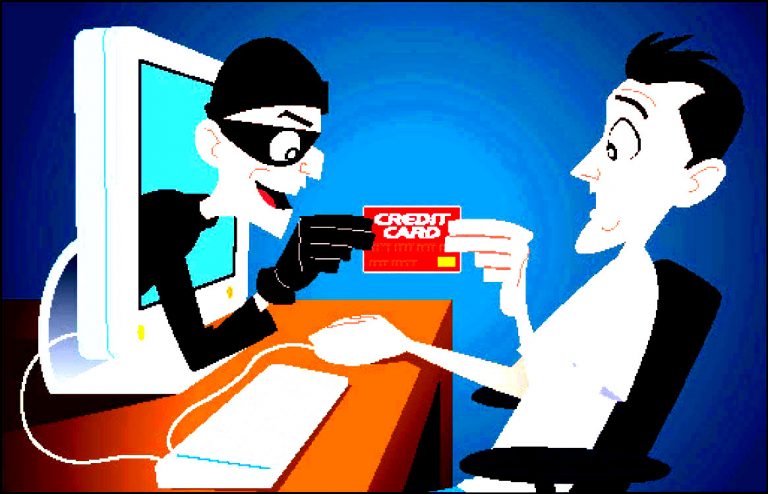The clock ticked louder as July became August and you make the final preparations to take your child to college. Those conversations that started almost eighteen years ago about saving for college for your child are about to become real.
In addition to getting a degree and launching their career in give or take four years, college is an important time to begin mastering money.
Credit Score 101 is the class that should be required and mastered by parents and college students. Right behind your social security number, your credit score is the most important number you need to know.
Establish Your Credit
Starting off you must build your credit score. Several tools can help you establish a credit history: secured credit cards, a credit-builder loan, a co-signed credit card or loan, or authorized user status on another person’s credit card.
Whichever you choose, make sure you use it in a way that will eventually earn you a good credit score.
In many states, people with higher credit scores pay less for car insurance. In addition, some landlords use credit scores to screen tenants. Employers may also look at credit reports (though not scores) as part of the hiring process.
Having a good credit score is helpful whether you have plans to apply for credit or not.
Build Your Score with Good Habits
Building a good credit score takes time, probably at least six months of on-time payments. Practice these good credit habits to build your score and show that you’re creditworthy:
Make 100% of your payments on time
Keep your credit utilization low — utilization is your balance when compared to your limit. We recommend paying in full each month, but if do you carry a balance don’t let it exceed 30% of your credit limit.
Avoid opening too many new accounts at once; new accounts lower your average account age, which makes up part of your credit score.
Keep accounts open for as long as possible. Unless one of your unused cards has an annual fee, you should keep them all open and active for the sake of your length of payment history and credit utilization.
Check each of your credit reports annually for errors and discrepancies.
Credit Card Report Card
Just like any other class you need a progress report to know how you are doing. Your credit report is a scorecard of how you have handled credit in the past and an estimate of how you will handle credit in the future. Several personal finance websites, like CreditKarma, offer a free score. Look for a site that also offers free credit report information, as well as educational tools such as a credit score simulator.
Several credit card issuers and banks print FICO scores on customers’ monthly statements and allow online access as well. Some card issuers offer free scores to anyone, cardholder or not: Wells Fargo offers a free FICO score with an account, while Capital One offers a free VantageScore at its CreditWise website.
Bonus points for setting up text and email credit alerts. It pays to be vigilant with your credit score.
The Credit Score Final
Credit Score 101 is a class that requires your ongoing attention to your personal financial details. Getting an A will support you in building a solid financial foundation. Anything less will impact your finances for many years.
Got questions about Credit Scores for you or your college student?
Click here and schedule a free 30-minute credit score consultation
Looking forward to a great summer weekend,
Michael Tannery CPA, CDFA® AIF®
Registered Principal
Tannery & Company
Tax – Accounting – Wealth Management
Subscribe here to our weekly blog
Be A Financial Olympian™





